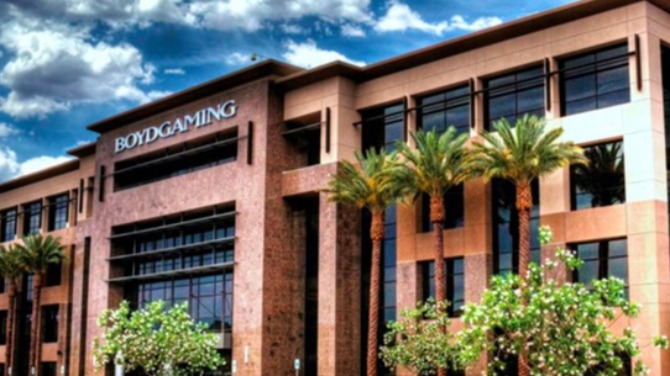
Boyd Games has reportedly approached Penn Entertainment with an offer to acquire the company. Sources say the company is worth more than $9 billion, including debt (although its official market cap is currently $3 billion).
If the potential acquisition goes through, it would be one of the largest mergers in the U.S. gaming industry since Eldorado Resorts paid $17.3 billion for Caesars Entertainment in 2020.
The market reaction reflects the potential complexity and challenges of the deal.
For Boyd to pull off the acquisition, it would need significant financial backing and regulatory approval in multiple states where both companies operate.
In addition, Boyd needs to deal with his relationship with Walt Disney, as Disney-owned ESPN Networks has a $1.5 billion licensing deal with the University of Pennsylvania for the ESPN Bet brand.
Penn Entertainment operates 43 casinos and racetracks in 20 states across the United States, offering online sports betting and casino gaming. The company has made investments in its digital business, including acquiring Barstool Sports for $550 million, which it later sold back to its founder for $1.
Additionally, Penn acquired Canada's Score Media and Gaming in 2021 for $2.1 billion. However, some activist investors such as Donerail Group have criticized the spending and called on Penn to consider selling.
Still, analysts at Truist Securities recently said that given Penn's current focus on its ESPN Bet product and the upcoming football season, the university is unlikely to change its operating strategy anytime soon.
Boyd Gaming, based in Las Vegas, operates 28 gaming properties in 10 states, manages a tribal casino in Northern California and has an online gaming business.
The company also holds a 5% stake in sports betting operator FanDuel Group. Boyd's recent strategic moves include the appointment of Michael Hartmeier to the board of directors, leveraging his experience in gaming and investment banking.
The merger of Boyd and Penn requires approval from various stakeholders, including gaming regulators and landlords such as Gaming & Leisure Properties (GLPI.O). Overlapping operations in some states may require the divestiture of assets to meet regulatory requirements.








